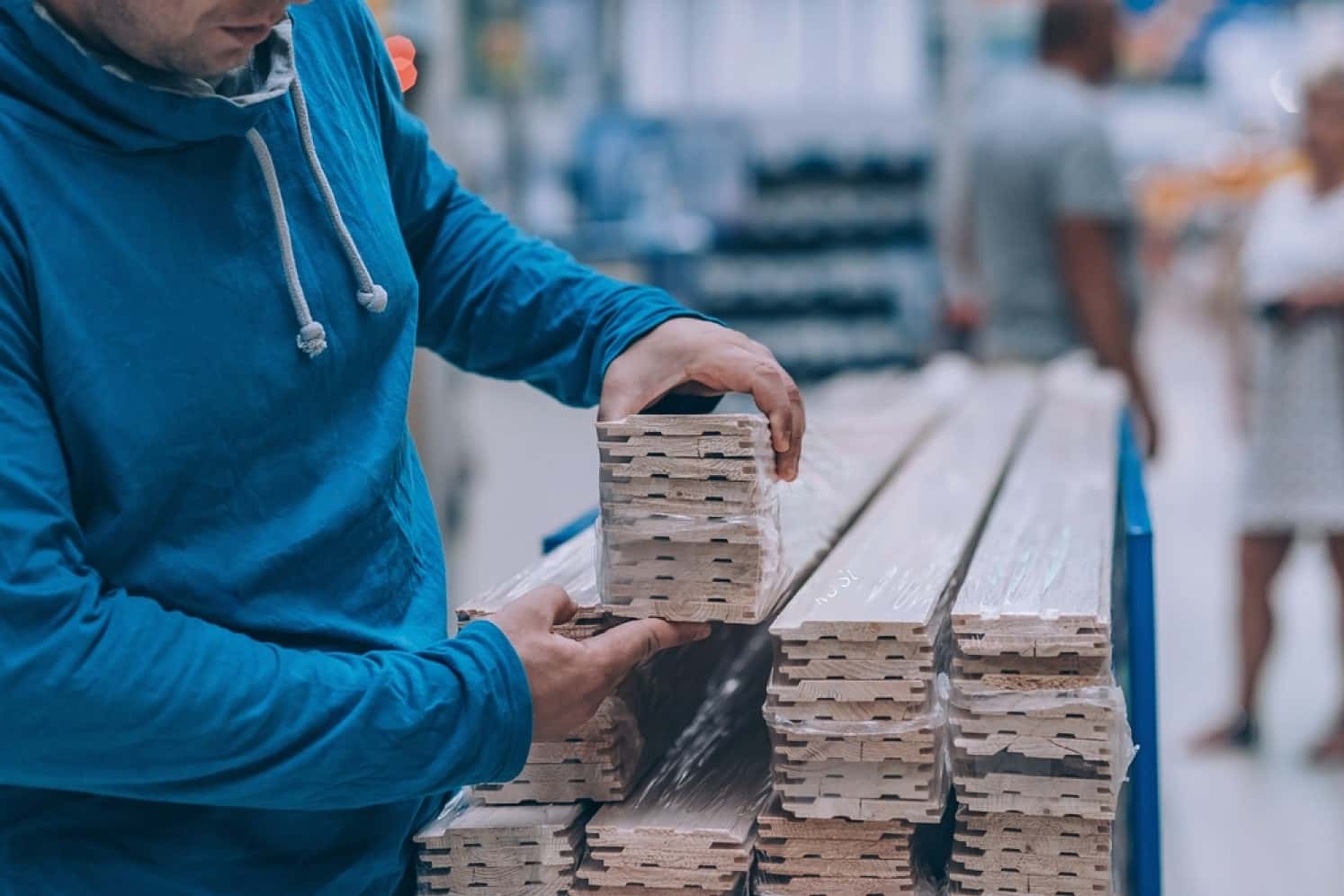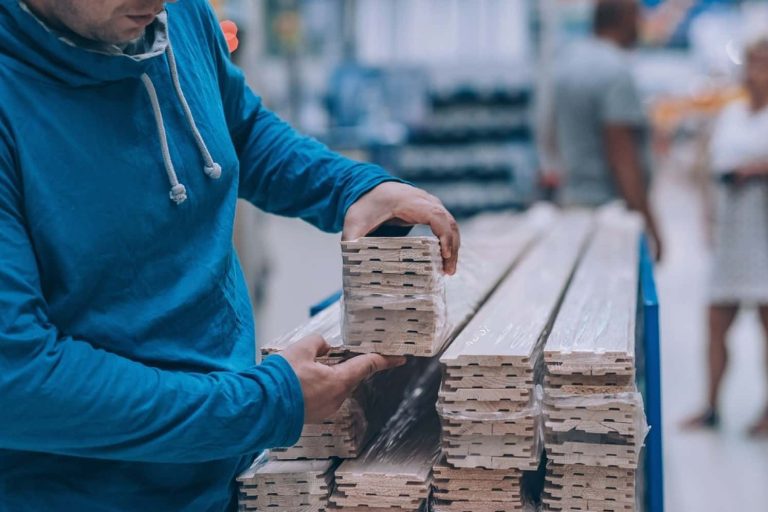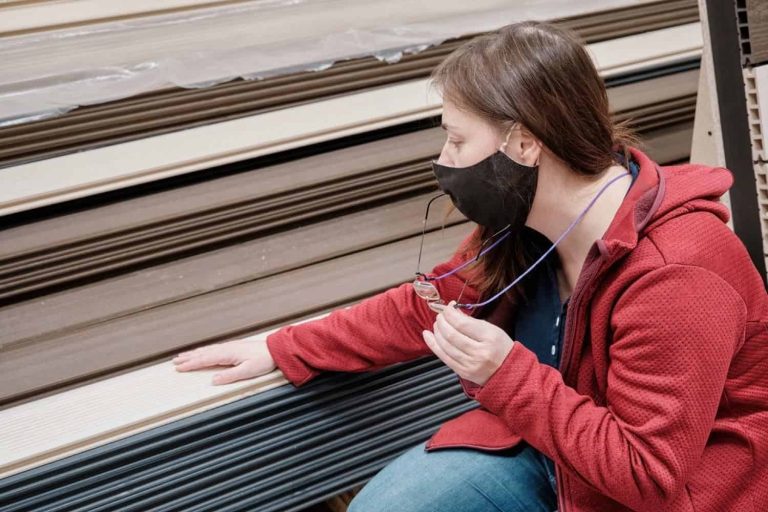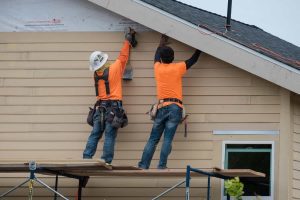When it comes to upgrading your home’s exterior, selecting the right siding style from a experienced siding contractor can make all the difference. It not only affects your home’s aesthetic but also plays a crucial role in protecting your property from the elements.
A professional siding contractor is an invaluable resource for navigating the sea of choices and ensuring you make the best decision for your home. Here’s how they can guide you in choosing the perfect siding style.
Expertise in Different Siding Materials
A skilled siding contractor will have extensive knowledge of the various siding options available on the market, including:
Vinyl Siding
Known for its affordability and durability, vinyl siding comes in a wide range of colors and styles. A vinyl siding contractor can show you how to achieve a modern or classic look based on your preferences.
Fiber Cement Siding
his material is highly durable and can mimic the look of wood. It’s perfect for homeowners who want a balance of style and resilience. Consulting a fiber cement siding expert will help you understand its maintenance and long-term benefits.
Wood Siding
For a natural and timeless appearance, wood siding is a popular choice. A wood siding contractor can advise you on the best types of wood and treatment methods to extend its life.
Metal Siding
If you’re interested in a sleek, industrial appearance or need siding that stands up to extreme weather, a metal siding specialist can guide you through your options.
Matching Your Home’s Architectural Style
Not all siding materials and styles suit every type of home. A qualified home exterior specialist will evaluate your property’s architecture and suggest siding options that enhance its design.
For example:
Traditional Homes: Wood or fiber cement siding often complements classic architectural styles.
Modern Homes: Metal or smooth fiber cement panels may be a better fit for a contemporary look.
Coastal Homes: Durable, weather-resistant materials are essential for homes in regions prone to moisture and salt exposure.
Your contractor’s expertise ensures your siding choice will blend seamlessly with your home’s overall appearance while providing optimal performance.
Understanding the Climate and Local Conditions
Local climate and weather conditions play a huge role in determining the best siding for your home. An experienced siding contractor will be familiar with these factors and suggest solutions tailored to your area.
For example:
High Humidity Areas: In regions with significant moisture, such as coastal areas, your contractor might recommend siding that resists rot and mold.
Cold Climates: Fiber cement or insulated vinyl siding could be ideal for energy efficiency.
Hot, Dry Climates: Metal siding may be preferable because of its durability and ability to reflect heat.
They’ll also consider environmental concerns and recommend eco-friendly siding installation if sustainability is a priority.
Addressing Common Siding Concerns
A professional contractor doesn’t just install siding; they’re also prepared to handle related issues, like:
Maintenance Tips: Your contractor can advise on siding maintenance and care to prolong the life of your investment.
Energy Efficiency: An energy-efficient siding option can help reduce your energy bills, and your contractor can explain how to maximize insulation.
Customization and Design Options
Finally, a good siding contractor will help you customize your siding to reflect your personal style.
From custom home siding solutions to unique finishes and colors, they ensure your home stands out while meeting all functional requirements.
Frequently Asked Questions About Choosing the Right Siding Style
What are the most durable siding materials?
The durability of siding materials can vary significantly. Vinyl Siding is popular due to its resilience and low maintenance, while fiber cement siding is known for its exceptional strength and resistance to fire and termites.
Wood siding provides a classic look but requires more upkeep, and metal siding, like aluminum or steel, is ideal for severe weather conditions.
How often does siding need maintenance?
The maintenance frequency depends on the type of siding you have. For example, vinyl and metal sidings typically require minimal maintenance, mostly involving occasional cleaning.
Wood siding needs regular sealing or painting to prevent rot, while fiber cement siding benefits from repainting every 10-15 years.
What factors should I consider when choosing a siding style?
Consider your home’s architectural style, climate conditions in your area, and your budget. For example, in regions with harsh winters, you might prioritize weather-resistant siding solutions.
Additionally, think about energy efficiency, maintenance requirements, and how the siding style complements the rest of your home’s exterior.
Can new siding help with energy efficiency?
Yes, certain types of siding, such as insulated vinyl, can improve your home’s energy efficiency.
They add an extra layer of insulation that can help reduce heating and cooling costs, making your home more comfortable year-round.
How do I know when it’s time to replace my siding?
Signs that your siding needs replacing include warping, rotting, severe fading, or cracked and broken panels.
If your energy bills are unexpectedly high or you notice moisture problems inside your home, these can also indicate that your siding may need to be upgraded or repaired.
Choosing the right siding style is a significant decision that impacts your home’s value, curb appeal, and durability. Partnering with an experienced siding contractor ensures you make an informed choice that balances aesthetics, functionality, and budget.
Ready to transform your home’s exterior? Contact a licensed siding contractor today to explore your options and take the first step toward a stunning and long-lasting home renovation.











